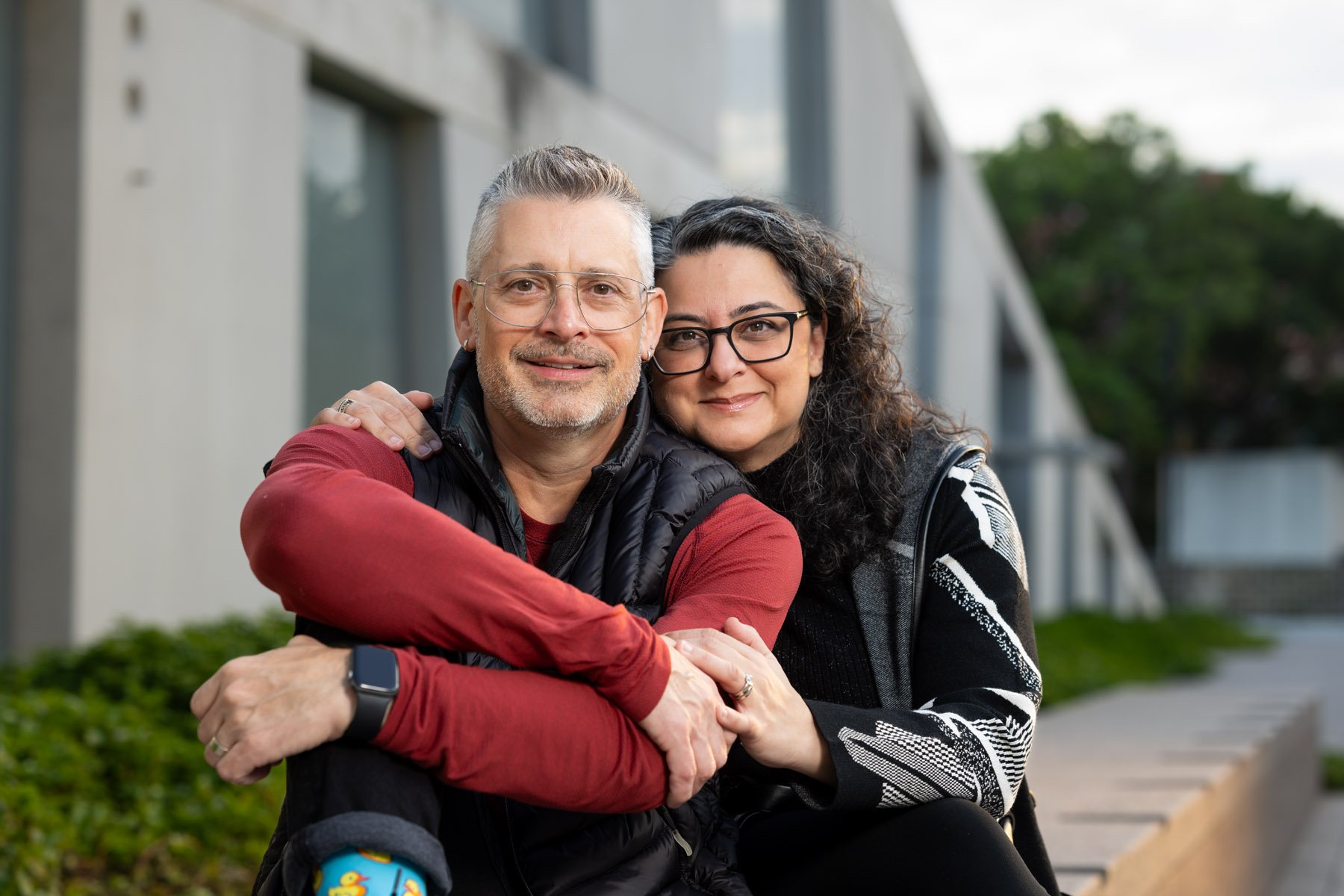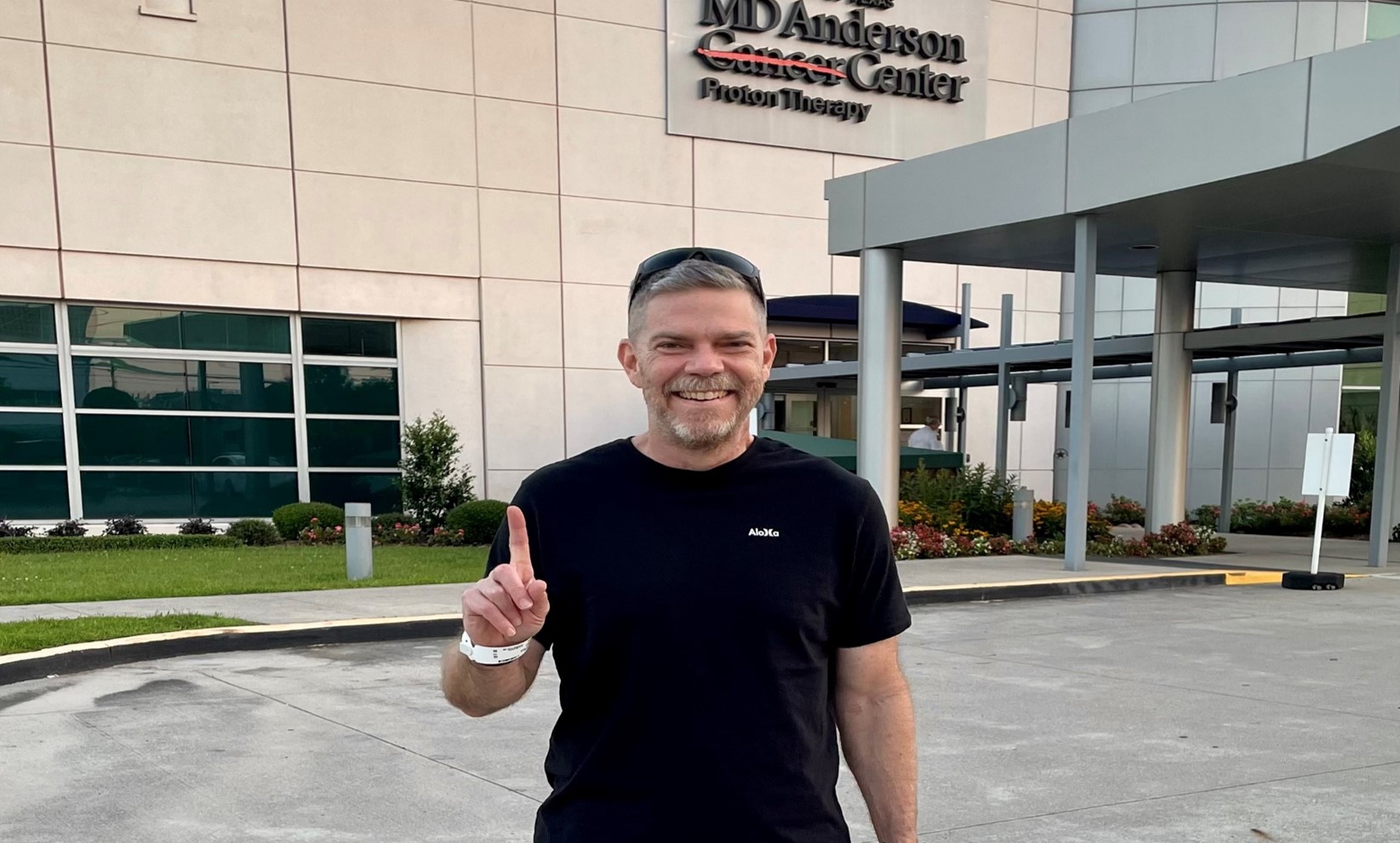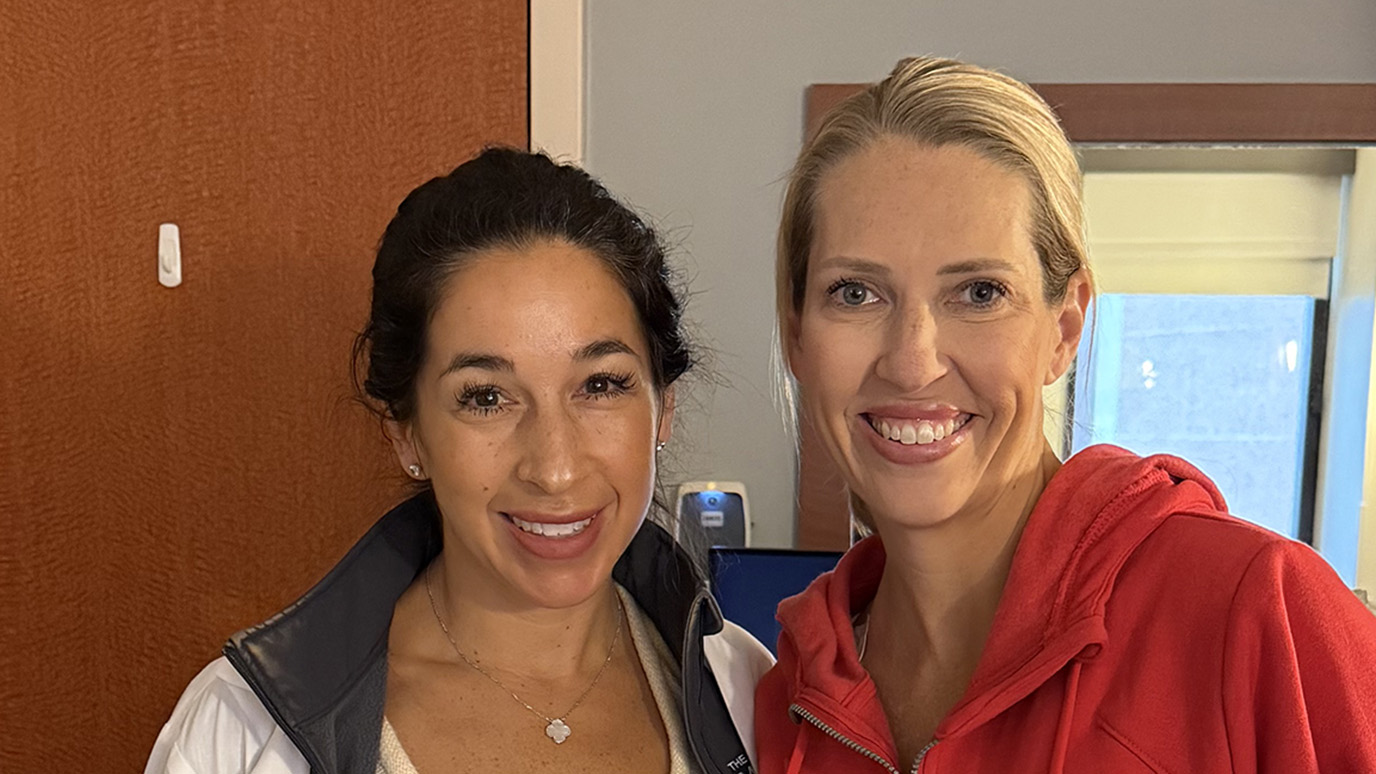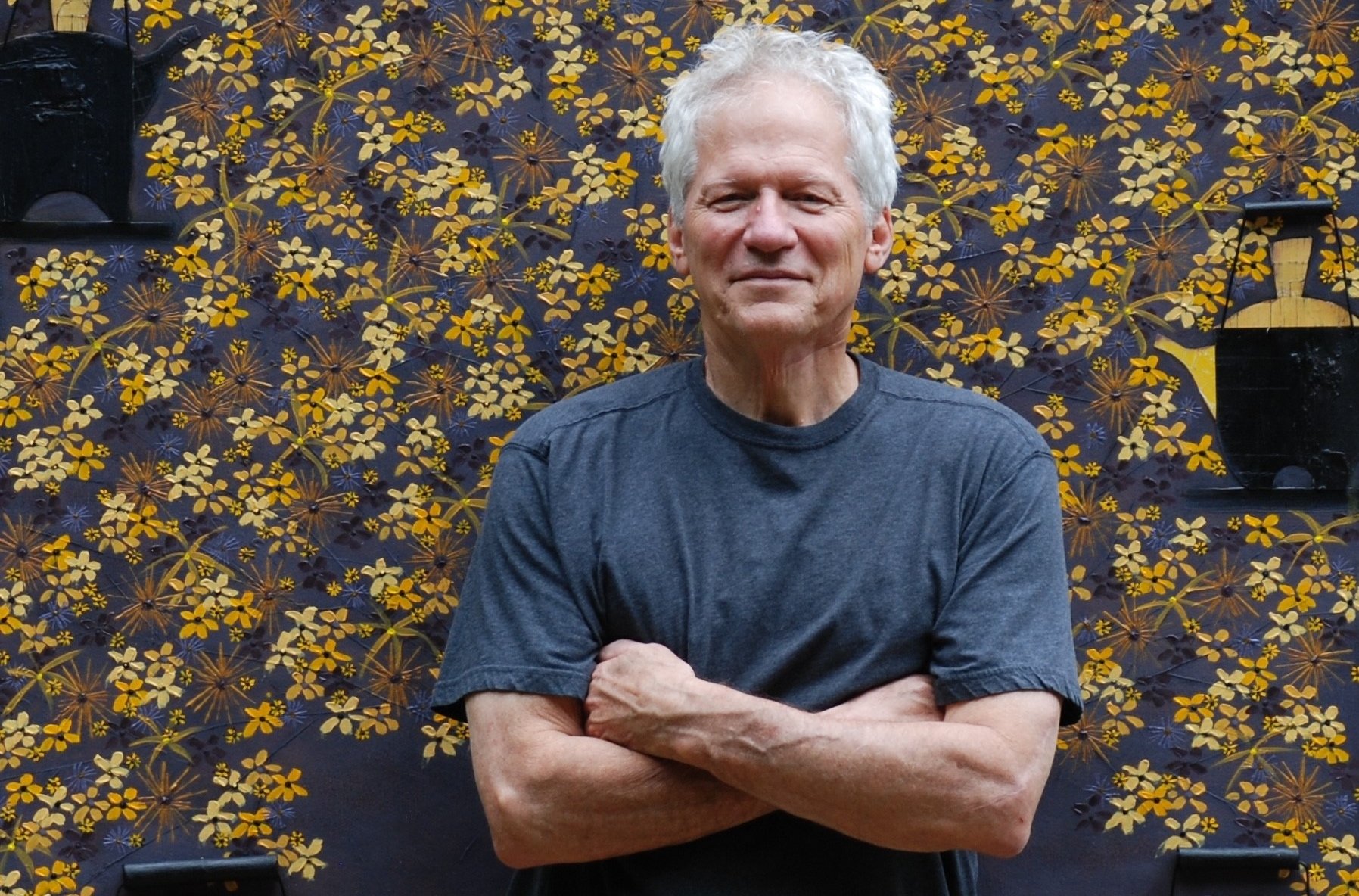- Diseases
- Acoustic Neuroma (16)
- Adrenal Gland Tumor (24)
- Anal Cancer (70)
- Anemia (2)
- Appendix Cancer (18)
- Bile Duct Cancer (26)
- Bladder Cancer (74)
- Brain Metastases (28)
- Brain Tumor (234)
- Breast Cancer (726)
- Breast Implant-Associated Anaplastic Large Cell Lymphoma (2)
- Cancer of Unknown Primary (4)
- Carcinoid Tumor (8)
- Cervical Cancer (164)
- Colon Cancer (168)
- Colorectal Cancer (118)
- Endocrine Tumor (4)
- Esophageal Cancer (44)
- Eye Cancer (36)
- Fallopian Tube Cancer (8)
- Germ Cell Tumor (4)
- Gestational Trophoblastic Disease (2)
- Head and Neck Cancer (14)
- Kidney Cancer (130)
- Leukemia (342)
- Liver Cancer (50)
- Lung Cancer (286)
- Lymphoma (278)
- Mesothelioma (14)
- Metastasis (30)
- Multiple Myeloma (100)
- Myelodysplastic Syndrome (60)
- Myeloproliferative Neoplasm (6)
- Neuroendocrine Tumors (16)
- Oral Cancer (102)
- Ovarian Cancer (178)
- Pancreatic Cancer (160)
- Parathyroid Disease (2)
- Penile Cancer (14)
- Pituitary Tumor (6)
- Prostate Cancer (150)
- Rectal Cancer (58)
- Renal Medullary Carcinoma (6)
- Salivary Gland Cancer (14)
- Sarcoma (238)
- Skin Cancer (300)
- Skull Base Tumors (56)
- Spinal Tumor (12)
- Stomach Cancer (66)
- Testicular Cancer (28)
- Throat Cancer (92)
- Thymoma (6)
- Thyroid Cancer (100)
- Tonsil Cancer (30)
- Uterine Cancer (86)
- Vaginal Cancer (18)
- Vulvar Cancer (22)
- Cancer Topic
- Adolescent and Young Adult Cancer Issues (22)
- Advance Care Planning (12)
- Biostatistics (2)
- Blood Donation (18)
- Bone Health (8)
- COVID-19 (360)
- Cancer Recurrence (120)
- Childhood Cancer Issues (120)
- Clinical Trials (628)
- Complementary Integrative Medicine (22)
- Cytogenetics (2)
- DNA Methylation (4)
- Diagnosis (238)
- Epigenetics (6)
- Fertility (62)
- Follow-up Guidelines (2)
- Health Disparities (14)
- Hereditary Cancer Syndromes (128)
- Immunology (18)
- Li-Fraumeni Syndrome (8)
- Mental Health (122)
- Molecular Diagnostics (8)
- Pain Management (62)
- Palliative Care (8)
- Pathology (10)
- Physical Therapy (18)
- Pregnancy (18)
- Prevention (936)
- Research (390)
- Second Opinion (78)
- Sexuality (16)
- Side Effects (616)
- Sleep Disorders (10)
- Stem Cell Transplantation Cellular Therapy (216)
- Support (408)
- Survivorship (328)
- Symptoms (182)
- Treatment (1788)
Finding my voice after throat and salivary gland cancer
3 minute read | Published February 21, 2018
Medically Reviewed | Last reviewed by an MD Anderson Cancer Center medical professional on February 21, 2018
I’ve been struggling to make myself understood ever since I was a senior in high school. In April 1985, I was diagnosed with stage III nasopharyngeal carcinoma (a rare type of throat cancer). And for a while, my throat was so raw and painful from the radiation treatments I received that I didn’t want to talk.
Those radiation treatments gave my voice a very “nasal” quality, too, so it was sometimes hard for people to understand me when I finally did start talking again. Around the year 2000, I started having more trouble speaking due to the radiation treatments I’d received as a teenager. It became even more challenging in September 2016, when I was diagnosed with stage II salivary gland cancer. I had surgery and more radiation to treat that. Today, I am cancer-free, but I’m still struggling to be heard.
Learning new ways to communicate
Speech without proper tongue movement is almost impossible. And speech therapy doesn’t help much when your tongue isn’t fully functional. So I carry a notepad with me wherever I go, and sometimes, a dry erase board. Because after the last round of surgery — during which Randal Weber, M.D. removed part of my right thigh muscle and two arteries from my left hand/wrist to repair my neck — the back, right-hand side of my tongue stopped working.
I can still talk aloud, but my speech is becoming even harder to understand, and Dr. Weber says it will likely continue to deteriorate. So, when a person can’t figure out what I’m trying to say, I just take a deep breath and write it down. Talking on the phone is almost impossible, so I text a lot, too. And I’m thinking about learning American Sign Language, since I already sign, “I love you,” to my son and grandsons.
Why I’m sharing my story
Sharing my story is how I feel I can best use my voice to make a difference right now. So I’m telling it here and connecting with other cancer survivors online. I started a social media support group in Ellis County in September 2017. It currently has 63 members, and some of them don't even live in Texas.
Most group members send me private messages to ask questions. I try to be their cheerleader and offer encouragement. And if they ask me something I don't know anything about, like breast cancer, I'll ask another member to step up and answer their questions.
Counting my blessings
I’ve always tried to stay positive throughout my cancer treatment, because the truth is I am blessed. My doctors told me I’d probably never have children, but I got pregnant in early 1992. My son, Layne, was born that October. He’s 25 now and has given me two wonderful grandsons: Gavin and Gaige.
The cumulative effect of my cancer treatments has left me unable to swallow properly. So, I haven’t eaten or drunk anything by mouth in 14 months. Even water makes me choke. And speech continues to be a challenge.
But I look at it this way: I’m still alive. And I’m better off than a lot of other people. I have a fabulous family and really good friends. I am truly blessed.
I’m not sure what my current purpose is. But I do know I will find my way. And if, by going through this, I can help other people, it will all be worth it.
Request an appointment at MD Anderson online or by calling 1-877-632-6789.
Related Cancerwise Stories

I am truly blessed.
Laura Compston
Survivor





